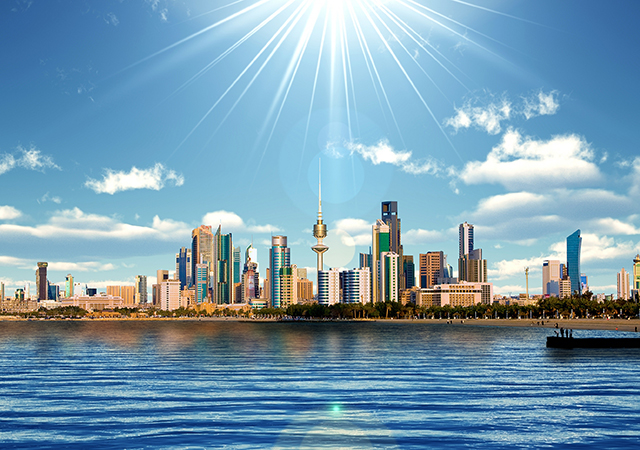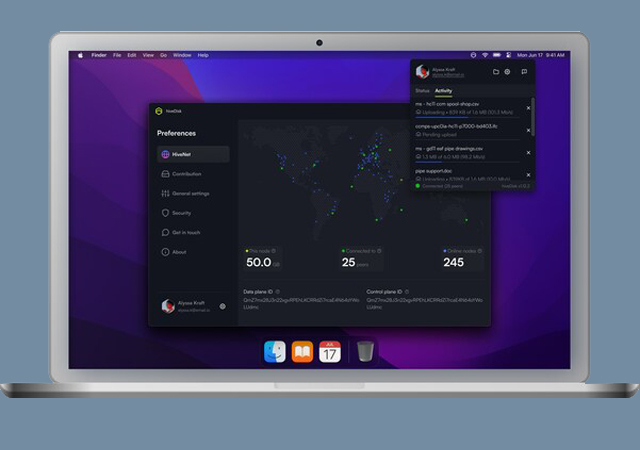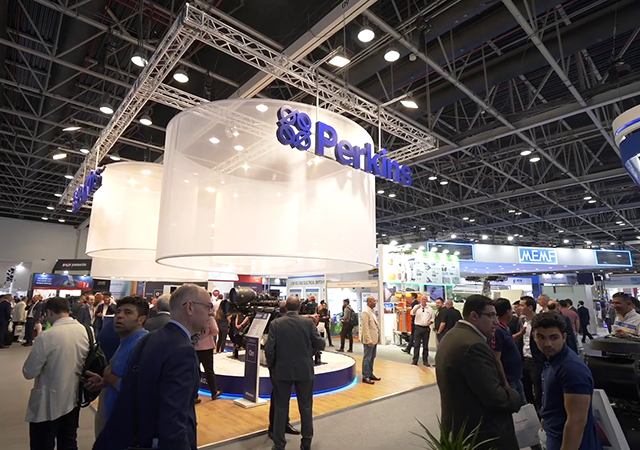
The smart city project Silicon Park is one of several schemes totally worth Dh3.2 billion ($871 million) that are being implemented at the Dubai Silicon Oasis (DSO).
A 100 per cent government-owned free zone, DSO promotes modern technology-based industries with urban master-planned community, state-of-the-art infrastructure and in-house business services.
Silicon Park is the first integrated smart city project to be built in DSO at a cost of Dh1.2 billion and spanning an area of 150,000 sq m. The project, scheduled for completion by the second quarter of 2018, will integrate best international standards to offer a modern lifestyle for residents, workers and visitors.
A Dh97 million Technohub office building for technology entrepreneurs is among the prominent projects underway at DSO.
Sheikh Ahmed bin Saeed Al Maktoum, DSO chairman, gave details of the ongoing projects at DSO.
Some of the other projects are a dorms building for the Rochester Institute of Technology Dubai costing Dh56 million, the fifth phase of the light industrial units, Dh42 million, and a roads improvement project, Dh28 million.
About Dh1.86 billion has come from foreign investments, Sheikh Ahmed said.
These include the Dh1 billion Fakeeh Academic Medical Centre; a Dh500 million shopping centre; the Dh200 million Axiom building; the Dh110 million manufacturing facility for Chang Zhou Almaden, one of the world’s largest producers of photovoltaic anti-reflective coated glass; and the Dh55 million regional headquarters for SIG Combibloc Obeikan, a leading system supplier of aseptic carton packaging and filling lines.
DSO registered Dh245.4 million in revenue in first-half 2015, a rise of 16 per cent over the same period of last year. It earned Dh93.8 million in net profit while achieving 14.6 per cent growth in recurring revenues compared to the first half in 2014.
Tenants increased from 1,064 in 2014 to 1,187 in the first half of this year. Nearly 71 per cent of the companies operating there specialise in IT, while the remaining 29 per cent operate across a range of sectors including commerce and services.
The Middle East and North Africa (Mena) accounts for 37 per cent of tenants, Europe 30 per cent, Asia 21 per cent, Americas 11 per cent and Australia and New Zealand, 1 per cent.
















